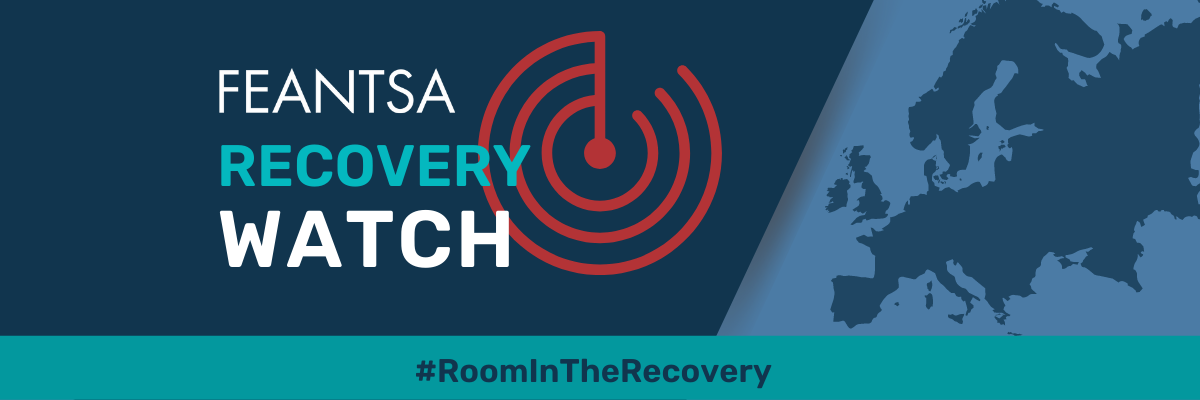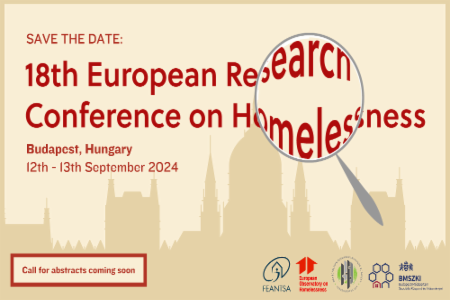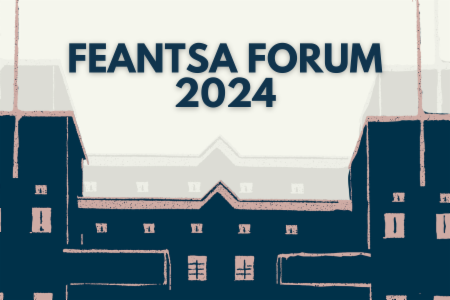
As part of the #RoomInTheRecovery campaign, FEANTSA is monitoring developments in homelessness policy in Europe, especially those related to protective measures taken during the pandemic or to recovery plans.
Promising Policy Developments
- IT: Italy to invest 150 million € of EU Recovery & Resilience Facility in Housing First Projects, as stated in the Piano Nazionale degli Interventi e dei Servizi Sociali 2021-2023.
- NL: In the coming years, an extra 1 billion euros will be used in the Netherlands to accelerate the construction of affordable homes. Read more detail via Alkmaars Dagblad and find the official agreement here.
- Wales: The Welsh Government announced a new strategy to fight homelessness that aims to shift towards long term housing solutions and prevention of homelessness, away from the provision of emergency, temporary and hostel services. The programme includes the ambitious target of building 20,000 new low carbon social homes for rent. Strengthening the link between local authorities and private sector landlords is also part of the strategy. Read the action plan here.
- Galicia, ES: 100 homes in Galicia will be rehabilitated with 8 million euros to house disadvantaged families and homeless people through a pilot project of the Xunta. The project, which uses funds from the Recovery, Transformation and Resilience Plan, goes beyond the provision of housing for homeless people, as it also offers complimentary support in areas such as health and social services. More information in La Opinion A Coruña.
One to Watch
- England: During the pandemic, the “priority need” category that enables people who are homeless to get rehoused by the local authority was amended to take into account those who are homeless and over 70 years or with a medical condition that would increase vulnerability to covid. The measure is set to end in March 2022. It would be senseless as well potentially fatal for many if the government were to reverse this measure in March. More information via Shelter.
-
ES: Protective measures in relation to housing have been prolonged until February 28, 2022. These measures include, among others: 1) Suspension of eviction proceedings for renters in cases of economic vulnerability, whether or not derived from the COVID-19 crisis, 2) Moratorium on the payment of rent to companies, public entities or large landlords, 3) Guaranteed water, electricity and gas supplies for severely vulnerable consumers or those at risk of social exclusion. We hope to see some of these measures made long-term in the new Spanish housing law. FEANTSA's member Provivienda publish a short guide that collects and makes accessible these protective housing measures. Check it here.
Worrying Policy Developments
- UK [01/22]: The UK's Everyone In scheme is judged a "call to action" not a policy, meaning the government was not obliged to maintain the scheme - which granted accommodation to people with no recourse to public funds - nor to announce its termination. Find out more about the case R(ZLL) v SSHCLG.
- UK: In England, fewer than one in four homeless people housed by the government's Everyone In scheme have moved into permanent accommodation, reports BBC.
- UK: The UK government has cut the £20-a-week uplift to Universal Credit, leaving many exposed to the risks of eviction and homelessness, read Crisis' press release here.
- IE: In Ireland, the number of homeless people rose by 13.9% (1,108 people) in the six months following the lifting of the eviction moratorium in May 2021. The gains achieved by the positive interventions introduced in response to the pandemic are rapidly being lost; homelessness fell by 19.3% between March 2020 and May 2021. Find out more here.
- Alicante, ES: At the end of March, the government of Alicante put in place a bylaw that allows police to fine people experiencing homelessness for sleeping rough and for any begging activity that is deemed insistent, aggressive or organised, or is accompanied by an animal or a person with a disability. This measure that criminalises homelessness has been implemented instead of supportive and protective actions at a time when Alicante's population has been critically affected by the pandemic, with severe poverty seeing an immense increase from 5.8% of the population in 2019 to 13.7% in 2020. Find out more here.
Are you or your organisation aware of worrying or promising policy developments in your region? Join our social media campaign by tagging FEANTSA and using the hashtag #RoomInTheRecovery, or contact us through email.





